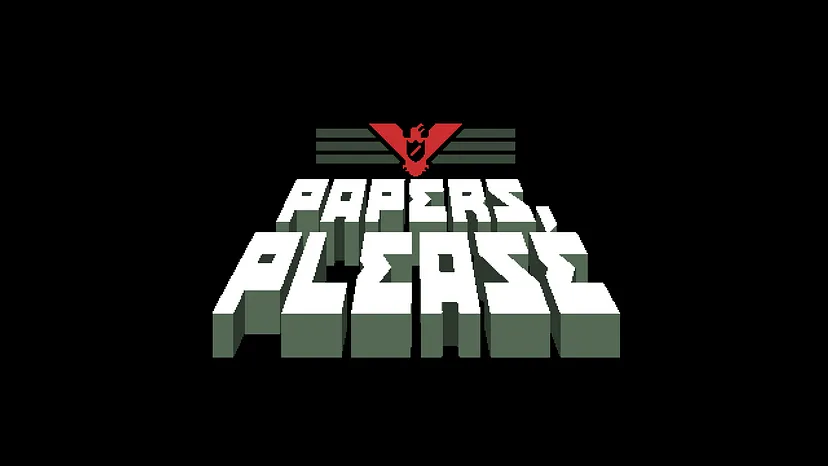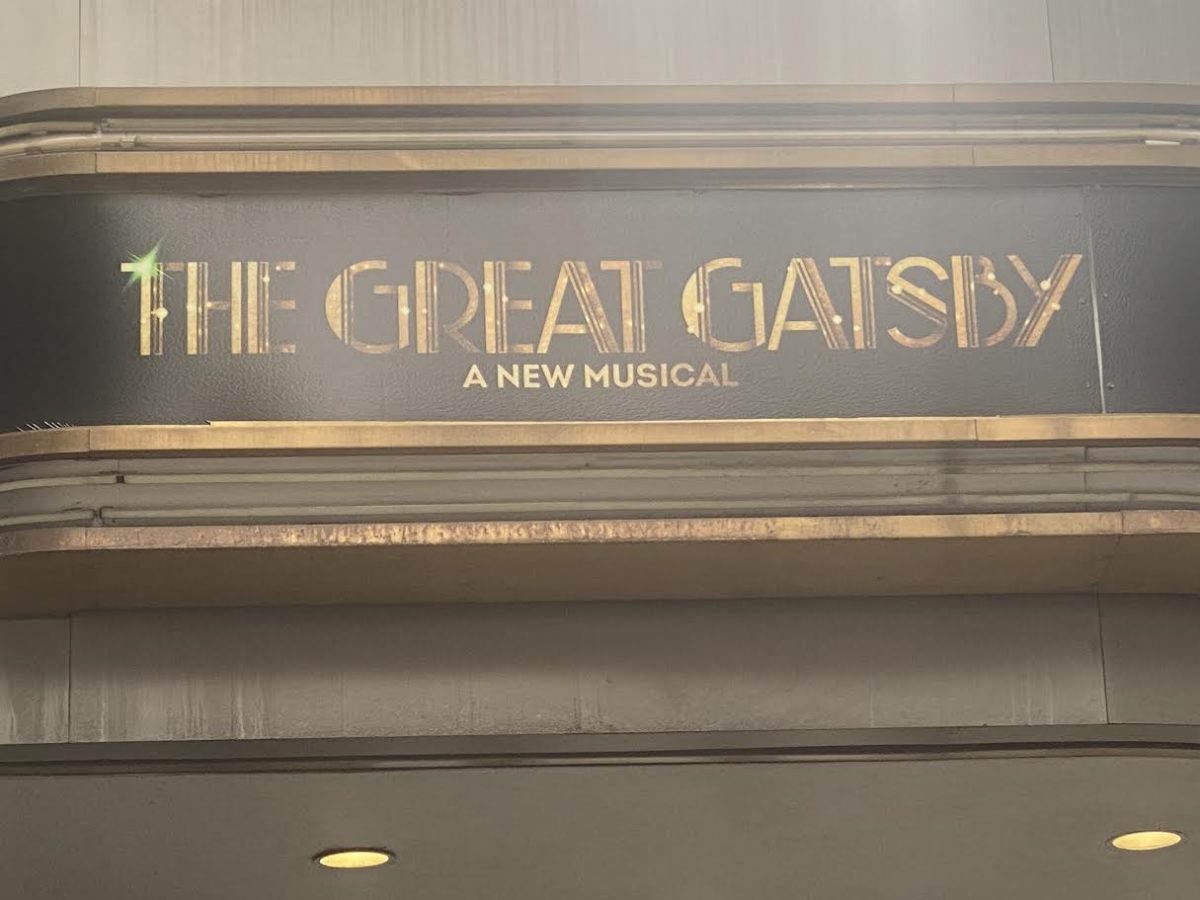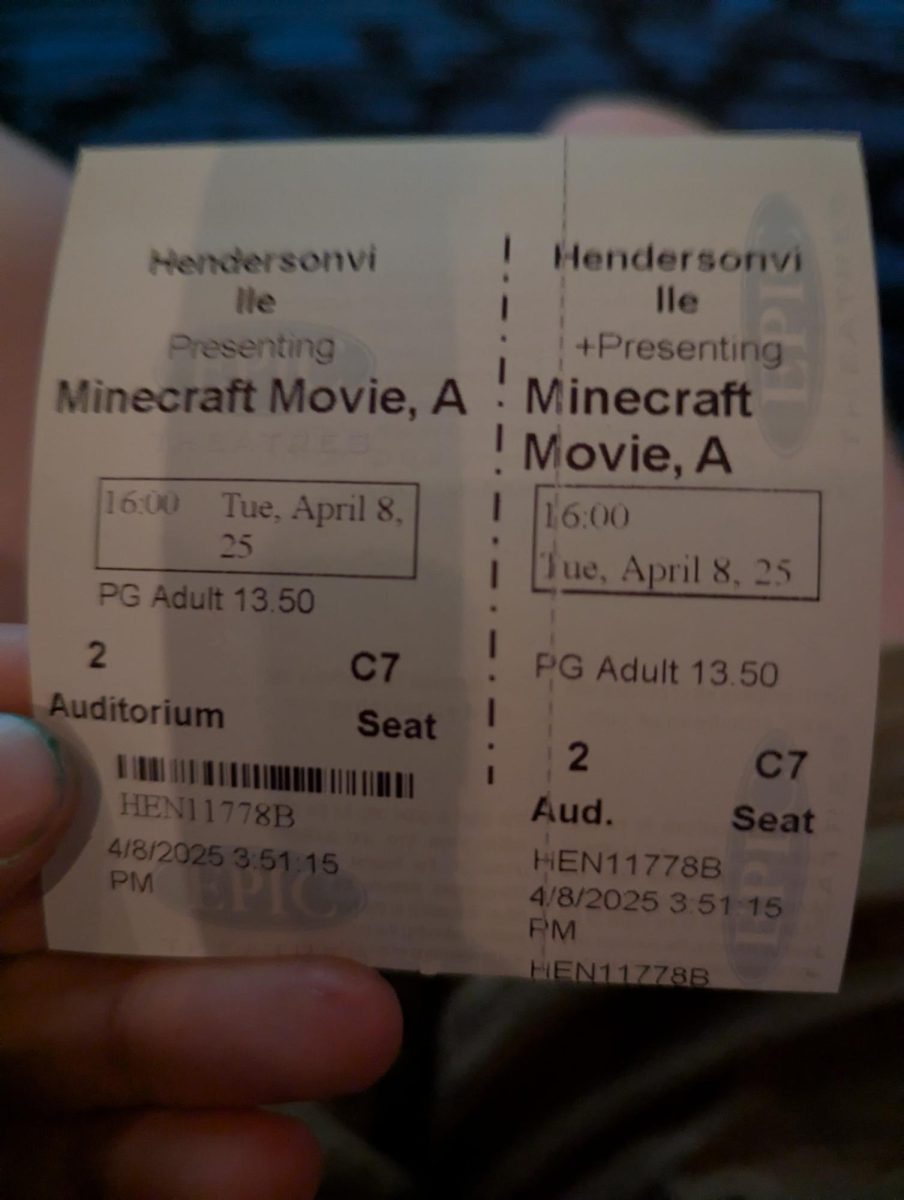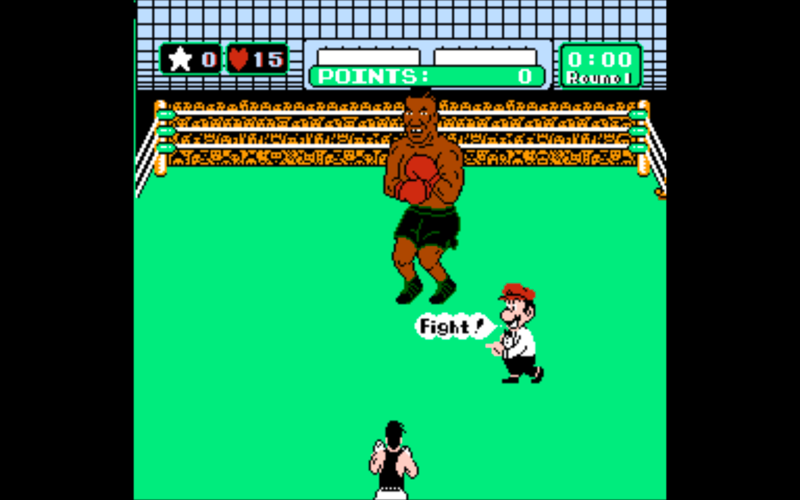The genre, referring to games made by small teams or even singular individuals, is often home to some of the most creative, engaging, entertaining and memorable videogames on the market.

(Official GDC (CC BY 2.0))
And it would not be right to talk about indie games without making mention of the legend himself – Lucas Pope – whose two most famous publications, Papers, Please and Return of the Obra Dinn, have been nominated for and won various awards including from the Independent Games Festival (IGF,) British Academy Games Awards (BAFTA,) and even The Game Awards (at which the latter game won Best Art Direction in 2018 over huge titles like Red Dead Redemption 2, Assassin’s Creed Odyssey, and God of War.)
Let’s take a look at what makes these two games worthwhile.
Papers, Please
Set in the fictional Eastern Bloc-based country of Arstotzka, Papers, Please sees the player fulfill the role of a border officer responsible for screening citizens and foreigners, and more importantly, their myriads of paperwork, at a crucial city checkpoint. A simple, but weighty, concept. As the game progresses, the player realizes just how important their job is, and it is revealed how their actions are affecting the country and its neighboring countries on a much larger scale.
Papers is an unapologetically dark game. It’s the answer to the question that we all pose anytime we see or hear of someone committing some heinous act or terrible crime: “Why?”
The game can be played purely, of course. You can remain loyal to Arstotzka and fulfill every order perfectly, doing your service to the state. But should you? Do you deny entry to a family fleeing political persecution, just because their entry permits are a week expired? Do you deny a foreign journalist who might uncover secrets that bring down a brutal regime just because he has different hair in his passport photo?
Without any actual prompting, the gameplay mechanics of Papers give players the opportunity to choose to slip into corruption, which is one of the most fascinating elements of any game from the past decade. As simple as the game is on its surface – the only interaction the player ever has is from the stationary position of their inspection booth – it’s a game rich in lore, impactful decisions and heavily weighted moral choices whose consequences may be instantly seen or never even known. As one veteran online creator succinctly put it – “Papers, Please is a horror game.”
Hailed by some as one of the few ‘perfect’ games ever conceived, it’s hard to believe that Lucas Pope could have followed Papers up a few years later with an even more incredible experience. And yet – enter Obra Dinn.
Return of the Obra Dinn
“Lost at sea 1803 ~ The good ship Obra Dinn. Contact East India Cy. London Office for enquiries or testimony.”
The detective genre in videogames has always been a bit difficult. Finding the right balance of engagement, entertainment and logic in gameplay is an exceptionally difficult task – a game may be very hard to solve, and lose players or frustrate them in the process. On the other hand, it could be too easy, entertaining but not requiring the player to do any real detective work.
Obra Dinn released in 2018 as perhaps the best realization of a detective game to date. It takes an exceptional amount of effort – many players resort to taking physical notes just to keep everything organized – but it works because there is such an immense entertainment factor and pure conveyance of surreal wonder that most are more than content to view the same scene over and over and over again without actually making any progress.
The game has an incredibly unique art style, with visuals based on systems of decades past. Players are able to choose the game’s color scheme in the menu from classic choices like Macintosh and the IBM 5151, and the interesting retro style of the game will be beautifully realized regardless.
Obra Dinn sets the player as an insurance inspector, sent out to investigate the ship Obra Dinn, declared lost at sea years earlier before mysteriously returning to port – with no living crew aboard. With skill, perseverance and a bit of magic, the player works to uncover the ship’s story and the fate of every single soul aboard.
It is, without a doubt, a “the less you know, the better” type experience. To go into the game with no knowledge of the story or its mechanics is perhaps one of the most exquisite and impressive experiences in existence. Described as “a ten hour logic puzzle” (though many will take even longer to solve the mystery,) the game’s only downfall is that it’s one story – once it’s been finished, it’s over, unless you replay the same story. But the experience is so positively mind-blowing, superb and immaculate that it’s totally, completely and entirely worth it for anyone that thinks they are even vaguely interested.
Also worth noting is its sound design – not only does it have incredible voice acting and effects, but its original soundtrack is one of the most excellent, most emotional, most immersive and most impressive of any indie game – composed exclusively and entirely by the game’s talented creator, Lucas Pope. Have a listen, but note that the music will be even more incredible with its in-game context – so don’t spoil yourself if you’re thinking about ever trying the game out.
Given the quality of Papers, Please, fans expected the world out of Pope’s next game, and somehow, Obra Dinn managed to completely go above and beyond most people’s expectations. There are not enough words to describe just how fantastic of a work Obra Dinn truly is – it can, and should, speak for itself.
Ratings
With both Papers and Obra Dinn holding the coveted “overwhelmingly positive” user rating score on Valve’s game distribution service Steam, among the ranks of games such as Terraria and the Portal duology, the quality and success of these games are no secret – but even so, they still seem criminally underrated in the shadow of the many huge releases of recent years.
Only one question perseveres on the minds of fans – what shall be Lucas Pope’s next major release?









